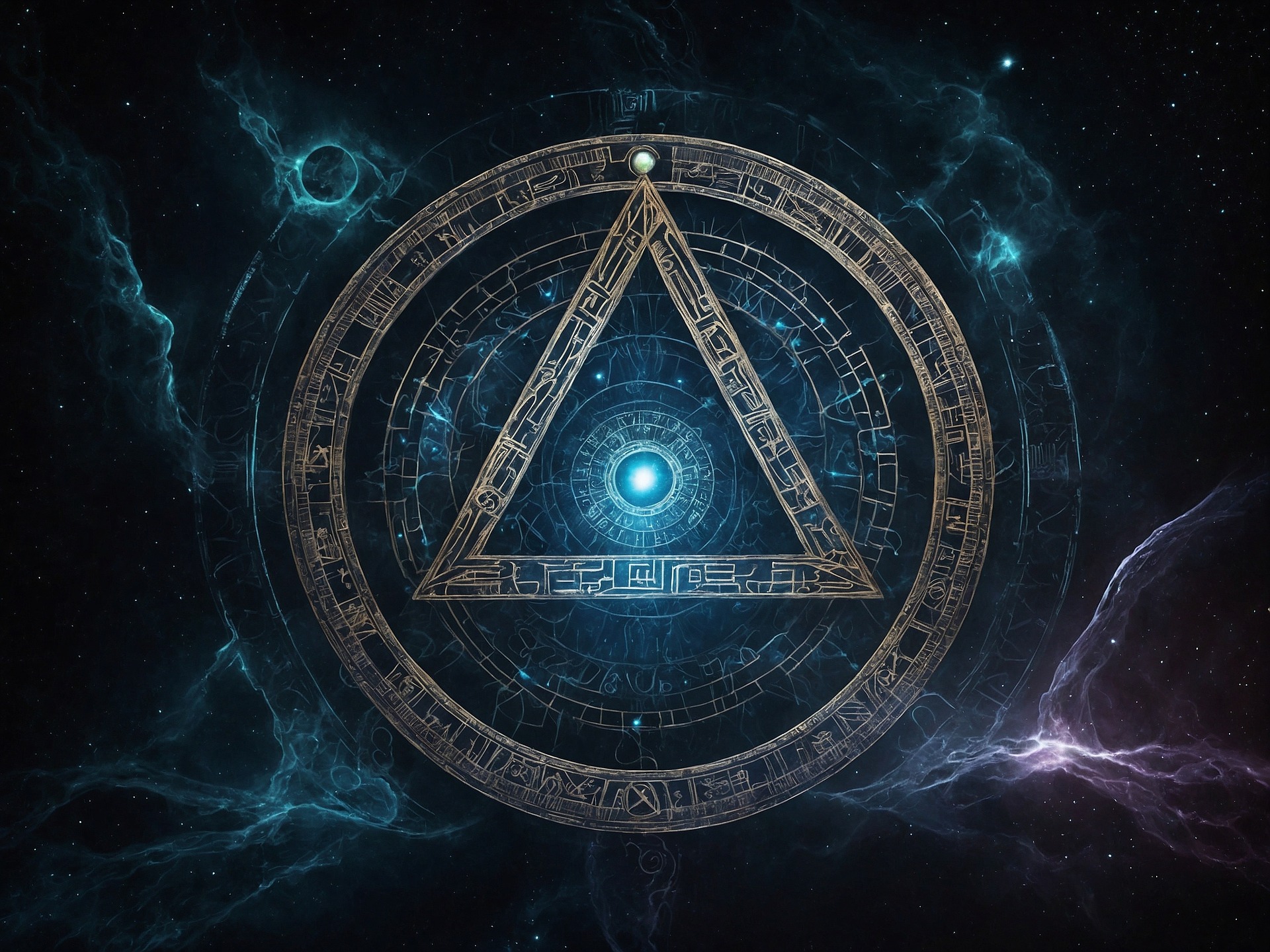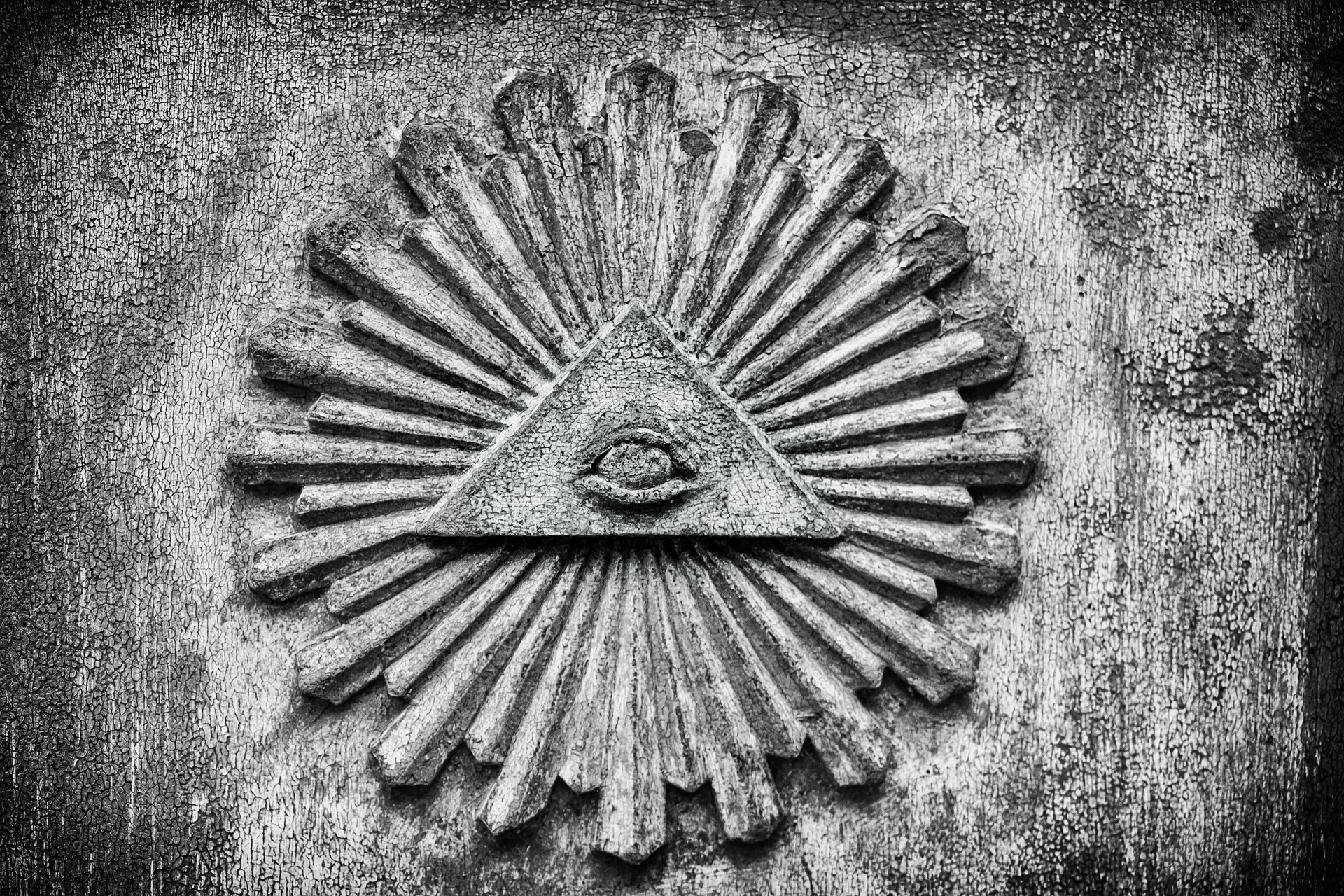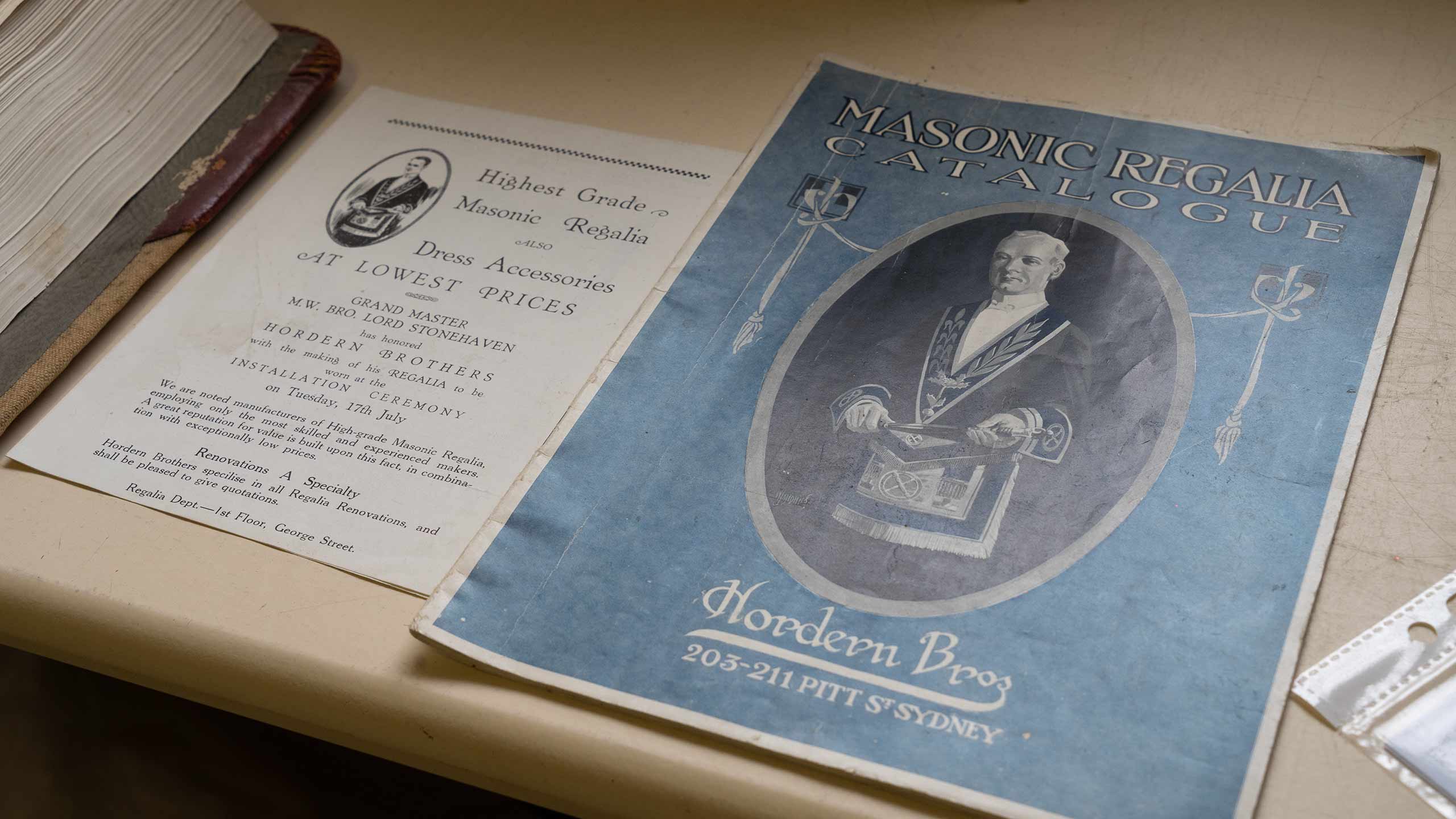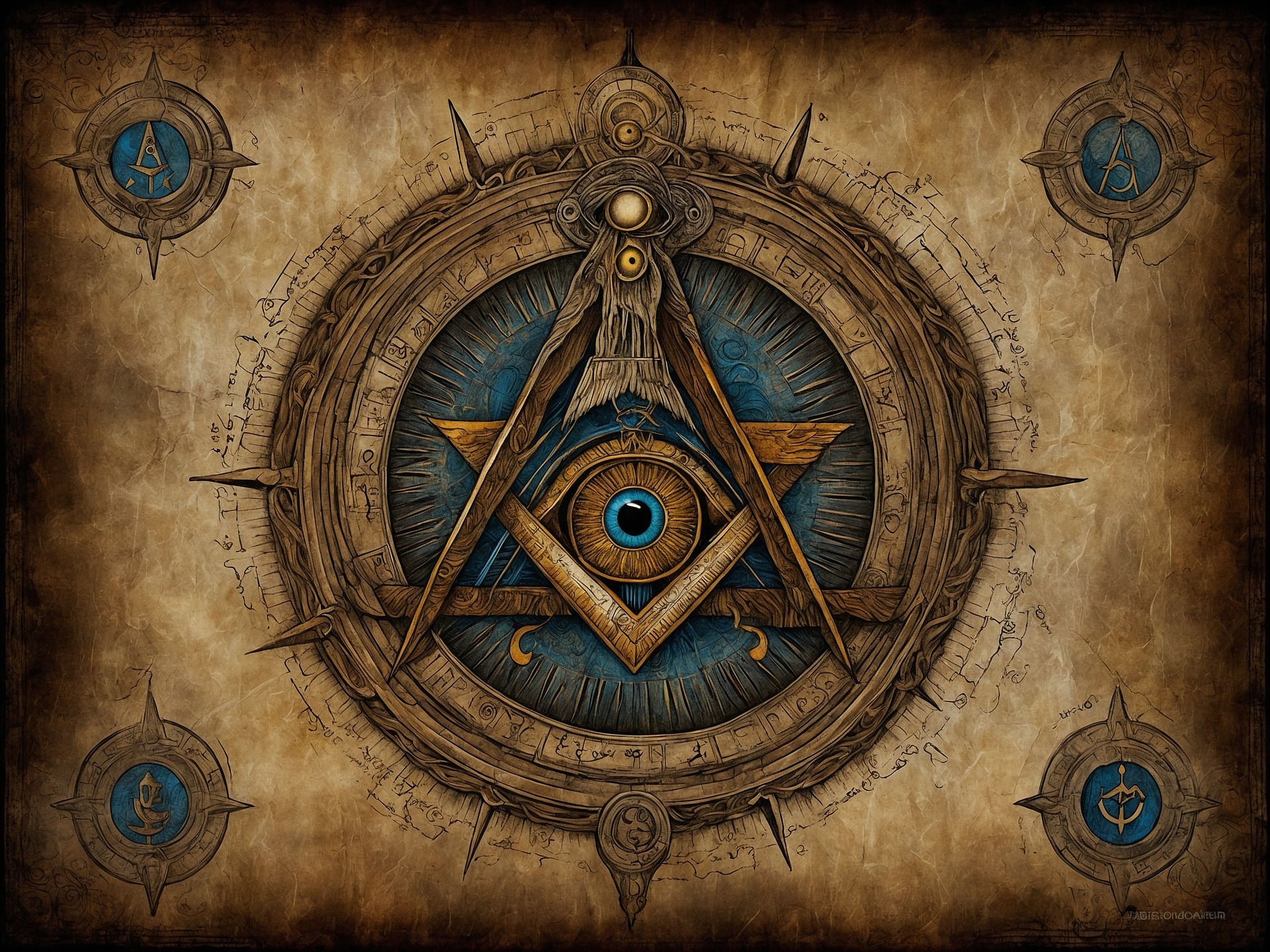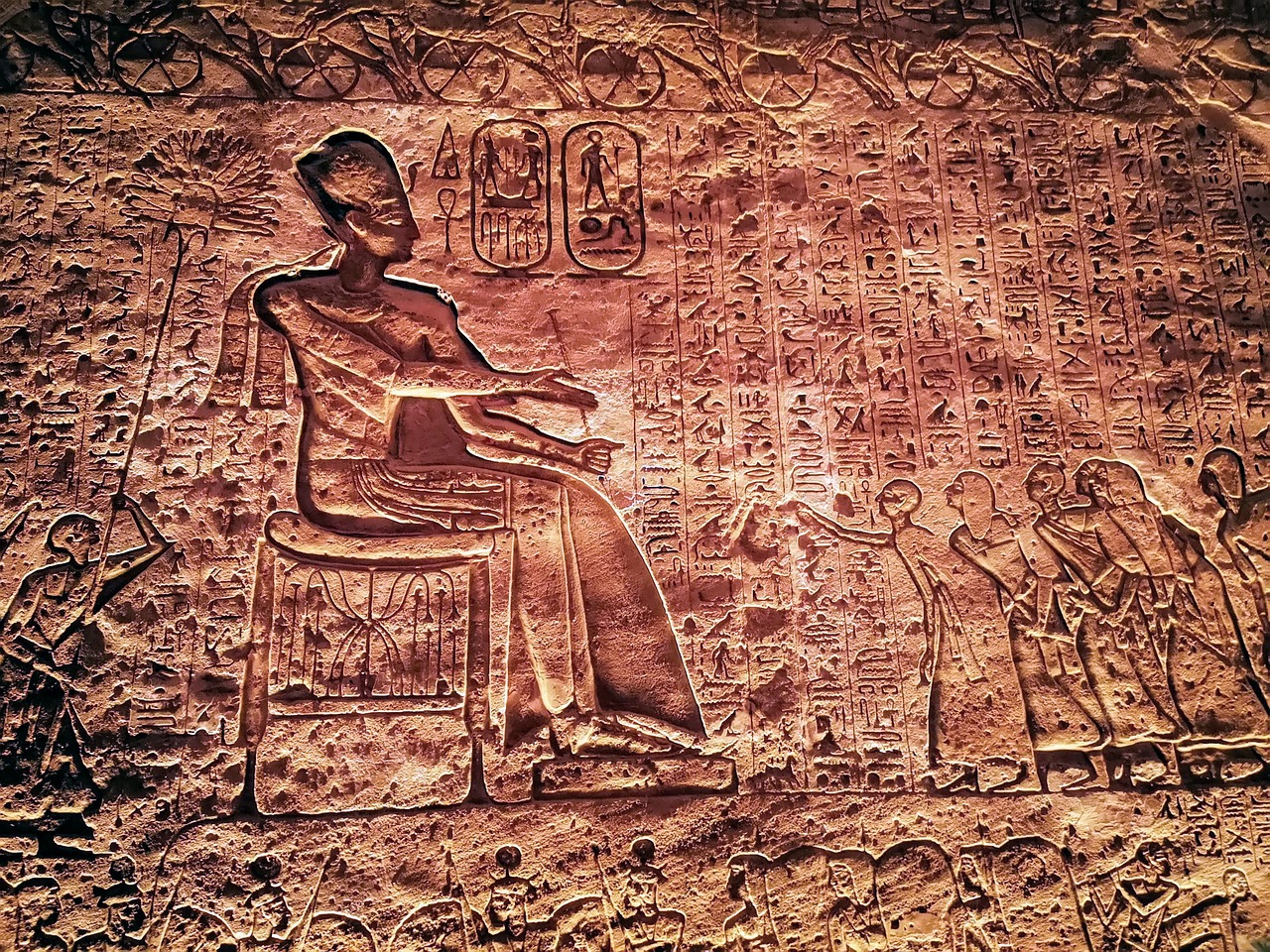Is the Illuminati Real

Is the Illuminati Real? Unveiling the Truth in 2025
If there’s one name that has sparked mystery, conspiracy, and endless intrigue, it’s “the Illuminati.” You’ve probably heard it pop up in all sorts of conversations, from late-night debates to viral internet posts. Whether it’s about secret meetings in hidden rooms, mind control through music, or hidden symbols in famous logos, the Illuminati is always lurking in the background of these ideas. But in 2025, what’s the real story? Let’s uncover the mystery of the Illuminati—if it exists at all!
A Little Illuminati Background
To understand the Illuminati craze, we have to rewind the clock back to the 18th century. Founded in 1776 by Adam Weishaupt, a German professor, the “Bavarian Illuminati” aimed to promote Enlightenment values and free thinking. They were a group of intellectuals who opposed superstition and religious influence on government. This sounds like something you'd find in a history book, and in many ways, it is. The Bavarian Illuminati lasted only a few years before being disbanded by authorities, yet their legend has somehow survived and grown for over two centuries. So, why?
Why the Illuminati Fascinates Us
One reason might be human nature itself. People are naturally drawn to mysteries and hidden knowledge. Think about it: if there’s a chance that a secret organization is out there pulling the strings, wouldn’t you be curious to know more? The idea of an unseen force behind major world events, guiding us like puppets, sparks an irresistible curiosity.
In recent years, celebrities like Beyoncé, Jay-Z, and Kanye West have been rumored to be connected to the Illuminati, and symbols (like the “all-seeing eye”) appear frequently in music videos, fashion, and art. For some, these are seen as “proof” that the Illuminati are not only real but active in our culture.
But…Is There Really Evidence?
As thrilling as it is to imagine hidden societies running the world, there's little credible evidence that today’s Illuminati, in the form people imagine, exists. Yes, there are secret societies (like Freemasonry or Skull and Bones), but they’re often public about their existence and memberships. Most of these groups focus on networking, philanthropy, or traditions rather than world domination.
The Illuminati, however, has largely survived as a myth. Much of the “evidence” for the Illuminati today comes from theories that circulate online, in forums, and on social media. These theories might draw attention to symbols in the entertainment industry or links to historic events, but they usually lack concrete proof or logical consistency. They’re based more on coincidence than on documented facts.
The Role of Symbols: Are They Hidden Messages?
One of the most popular aspects of Illuminati theories is the idea of hidden symbols. The “all-seeing eye,” triangles, and pyramids are all commonly associated with the Illuminati. Some people believe that these symbols are scattered throughout movies, logos, and even architecture to represent the Illuminati’s hidden influence.
But it’s worth noting that symbols like the all-seeing eye were around long before the Illuminati. Many of these symbols come from ancient cultures and religions, representing ideas like knowledge, enlightenment, and protection. People may see the same symbol in different places and think it’s proof of a conspiracy, but in reality, it’s often just a part of human history and art.
What Experts Say in 2025
So what’s the consensus in 2025? Most historians, sociologists, and psychologists see the modern Illuminati as more of a cultural phenomenon than a real organization. It’s a lens through which we view our fears about power, technology, and the unknown. As our world becomes more complex and interconnected, it’s easy to imagine there’s some hidden group behind the scenes managing it all. In truth, the world is usually just messy, with plenty of competing interests and unforeseen consequences.
For believers, however, the lack of evidence might just be more proof that the Illuminati are great at hiding! It’s one of those “beliefs” that can sustain itself because every bit of missing evidence is treated as intentional.
Why the Illuminati Will Likely Always Be With Us
As much as the Illuminati might not exist, the idea will probably stick around. In a world where information is accessible to anyone, the idea of a secret group can be oddly comforting, explaining the “why” behind life’s randomness. Whether it’s the Illuminati, aliens, or shadow governments, we love a good mystery that gives life meaning beyond the surface.
In 2025, the Illuminati is more like a mirror. It reflects our own fears, hopes, and curiosities. It’s a story we tell ourselves to make sense of the world, but ultimately, it’s up to us to decide if that story helps or hinders us.
So, is the Illuminati real? The evidence points to no—but sometimes, the idea of the Illuminati is just as powerful as if it were. And who knows? In 2025 and beyond, the mystery will keep evolving, fed by our fascination with the unknown.




